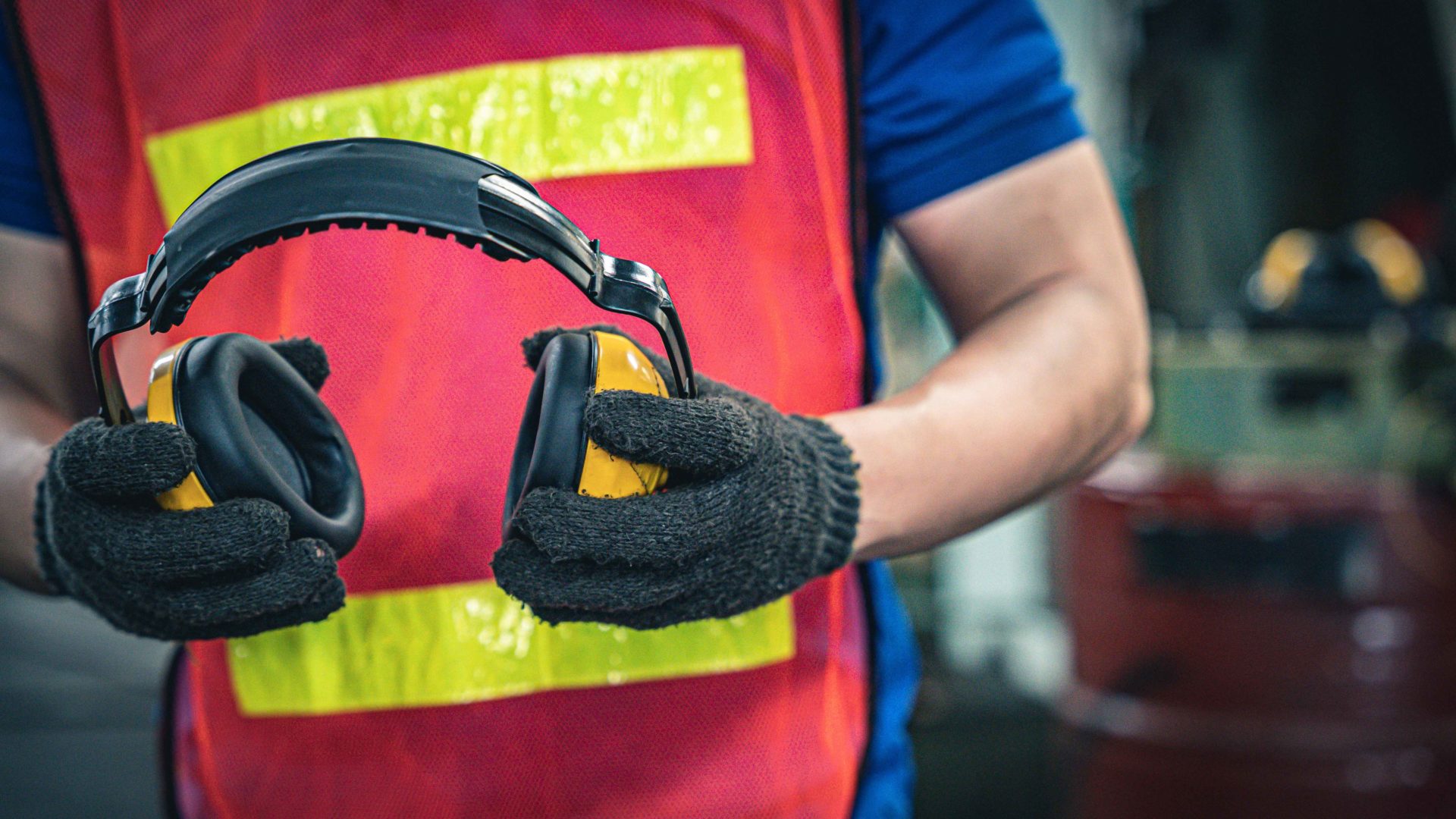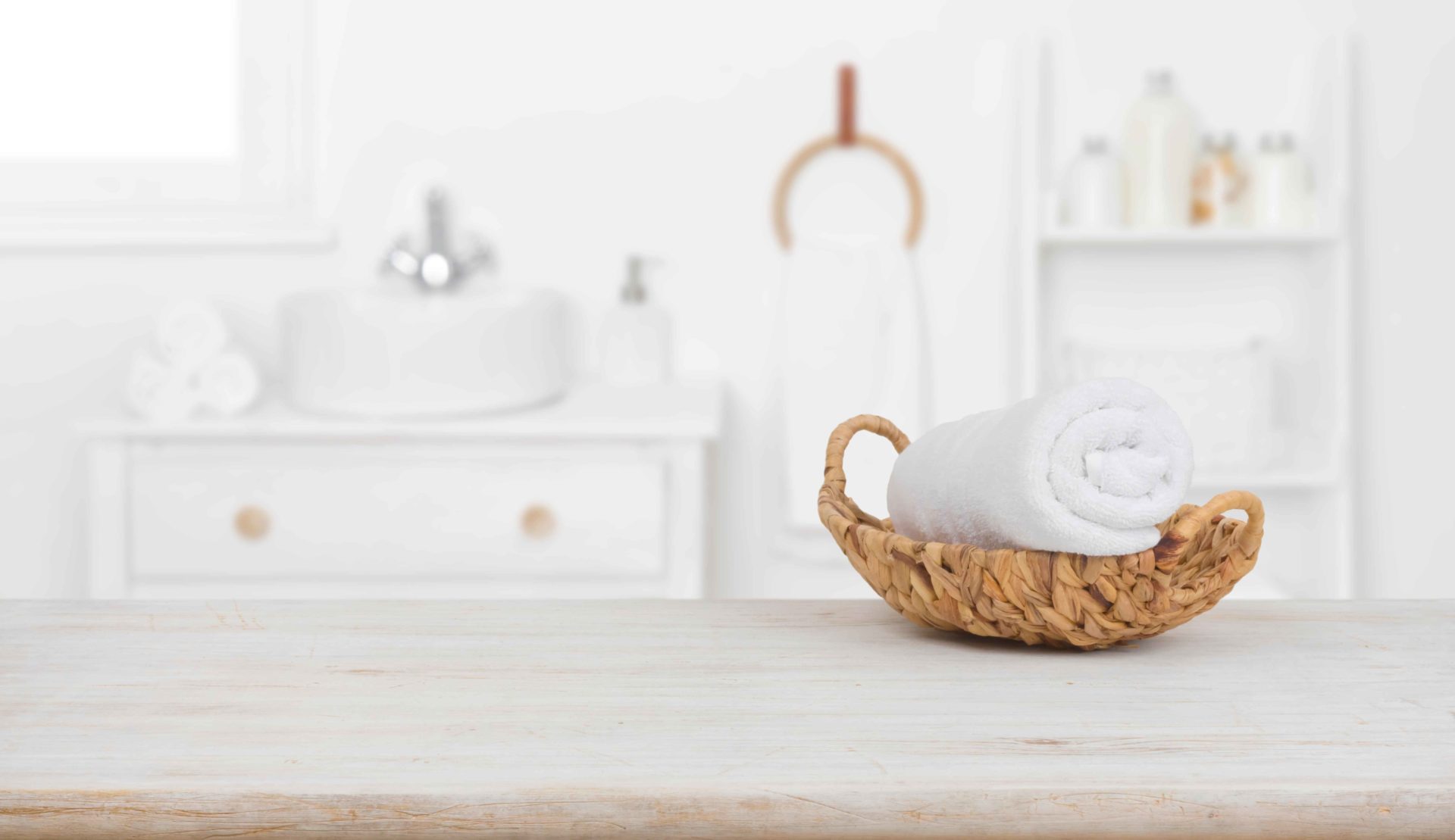There are currently around 11 million people in the UK suffering from hearing loss, with over a billion young adults at risk due to unsafe listening. This includes increasing volumes to a dangerous level or consistently being in loud environments such as clubs, festivals or concerts without making use of hearing protection. It is important to take care of your hearing from a young age to avoid complications in later life.
In this blog, we will be exploring the best methods of protecting your ears and hearing so that you can avoid hearing loss at an early age, or even later stages in life.
What causes hearing loss?
Within our inner ears, we have thousands of tiny hairs which respond to the sound around us as they travel into the cochlea (inner ear). The cochlear translates the frequencies that are transmitted from around you into nerve signals to the brain which you can then understand.
These hairs can only withstand certain intensities of sound before becoming damaged. This is because the louder the noise, the more work is given to these hairs which causes them to either get damaged or die.
Any sounds over 85dBA (decibels) can potentially damage your ears. For reference, a normal conversation is around 60DB whilst the outside of an airplane engine is around 140dB. This is why it is important that we look after our ears as the more hairs that die the worse our hearing becomes.
Another reason hearing loss can occur can be through bacteria or ear infections such as otitis media. Although this ear infection can be treated with antibiotics if an ear infection is left over an extended period of time or made worse it can cause serious complications including chronic suppurative otitis media. This can actually create a hole in your eardrum known as perforation and may seriously affect your hearing.
Most ear infections cause hearing loss as the tissue within the middle ear swells allowing less sound to travel through your ear. Therefore, after taking the recommended medication for your infection a doctor, you will often find your hearing loss symptoms slowly relieved and your hearing should return back to normal.
Protecting your ears from loud noises
An easy way to avoid damaging your inner ear hairs from loud noises is by wearing a layer of protection so loud frequencies are muffled. This will then reduce their level of sound before entering the ear. Or if you can avoid loud noises where possible this can also reduce the risk of hearing loss.
Wearing ear protection
Ear protection is an easy and effective way of protecting your ears from damaging sounds. For example, if you work on a building site where you’re surrounded by various loud machinery you can be at a higher risk of damaging your hearing. Often workplaces like this are required to give headphone protection to their employees but you can also take extra precautions by using earbuds as well. If your workplace does not offer headphones you can purchase your own online if you believe it is necessary or in environments such as concerts or festivals earbuds may only be needed.
Avoiding loud noises
By simply avoiding loud noises where you can, your hearing can easily be protected. When listening to music it is important to make sure the volume is not too high of a level, especially when wearing earphones as the sound is directly entering your ear and can, therefore, cause more damage. Wherever you can turn down volumes we would highly recommend that you do so on other devices such as television, speakers and so on.
Custom earplugs
Much like headphones, custom earplugs are great for protecting your ears against loud noises. Here at hearing therapy, we offer custom-made hearing protection, click on the link to learn more. Our custom earplugs are designed to give you maximum comfort whilst protecting your ears. Moreover, you can wear these earplugs for a range of different activities including:
- Swimming
- Motorbike riding
- Sports
- Flying
- Working with machinery or loud tools

Keeping your ears clean
Another important factor in protecting your ears and hearing includes keeping your ears clean and healthy. Naturally, our ears produce ear wax but it is important that you recognise when ear wax has built up to avoid worsening the build-up or causing infection when trying to remove the wax from your ears.
What to avoid
There are a number of ways you clean your ears however, it is important to avoid some common ear cleaning mistakes which can increase the risk of ear infections.
Don’t overclean
Although it is important to clean your ears it is also important to ensure that you don’t over-clean your ears as this can actually lead to infections. If you’re continuously applying water into your ears and cleaning afterwards there is a higher chance of moisture being left inside your ear and allowing for a build-up of bacteria. This is because the water inside your ear can provide the perfect environment for bacteria to grow. Your ears are also at a higher risk of getting infected as bacteria can easily enter your ears. It is recommended to clean your ears every two to four weeks depending on the rate at which dirt builds up in your ears. In addition to thoroughly drying your ears afterwards.
Using cotton buds correctly
It is important to avoid inserting cotton buds inside your ear to clean. Although we are commonly led to believe that cotton buds are for cleaning our ears from wax they only work externally not internally. If cotton buds are inserted into the ear there is a higher chance of wax being pushed inside the ear which can lead to blockages and infections. However, you can still use cotton buds to clean the outside of your ears if need be.
Avoid home syringing
It is always best to avoid trying to syringe your ears at home. This can easily lead to accidents and potential damage to your ears. Here at Hearing Therapy, we offer microsuction ear wax removal services to help remove any ear wax built up inside your ears. If you would like to learn more click on the link above. Our microsuction method is extremely safe and effective, we insert a small device into your ear to gently suck any ear wax built up which causes no harm to the skin.
The recommended method of cleaning
The safest and most effective technique for cleaning your ears is to simply wash with warm water and soap. Thoroughly dry them with a towel afterwards, and ensure to tilt your head so no water remains inside your ear. If you feel you may have a build-up of ear wax you can apply drops of olive oil inside your ear to try and break down the wax. After a few days of repeating this, you can then wash your ears which will hopefully remove the majority of the wax. If you feel like there is still a build-up of ear wax we recommend that you book an ear wax removal appointment.

We hope this blog has been helpful and given you a good insight on how best to look after and protect your ears and hearing. If you have any questions or concerns about your hearing or ears don’t hesitate to call us at 0114 395 2039 or visit our website and book an appointment through the link.
